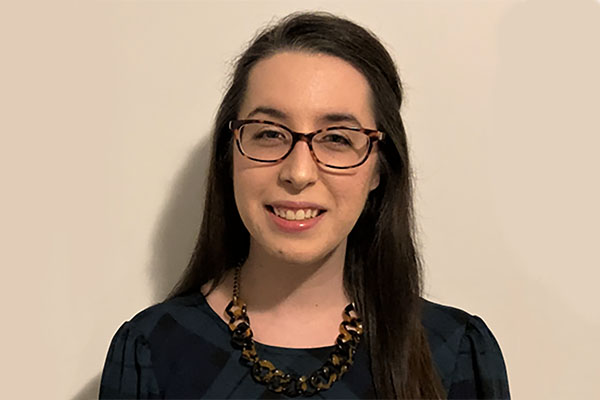
What are the pros and cons of being a consultant, and at what stage of my career should I pursue consulting as my main professional work?
As a preface to addressing these questions, we need to recognize that there are many very different types of consulting, with differing pros and cons. Here, I address independent technical expert consulting.
Pros:
Ability to match one’s talents and interests to the work. Consulting stands out among technical professional work in that it allows one to select and only take on projects that are of interest, and a good match with one’s knowledge and experience. This is a highly desirable thing that is very difficult to do in most other lines of technical professional work.
Flexibility of work schedule and desired workload. Independent consulting allows a technical professional great freedom in terms of day-to-day work schedule and total workload. This makes consulting well suited for a later life, partial retirement, career option and explains why so many senior technical professionals become consultants.
Cons:
Uncertainty and possible inconsistency in availability and duration of project work and income. Availability and duration of project work can be difficult for consultants to predict or control; however, the ability to do so generally improves with experience and reputation.
Limited access to client information and lack of control over decision making. Consultants are generally hired to provide knowledge, advice and guidance to the client, but they are not typically given access to all of the client’s project information, and do not make final technical or business decisions. This can be dissatisfying for technical professionals who are used to owning and managing their own projects.
Career Stage. Generally, consulting is a better choice for later career than early or mid-career. The majority of successful independent technical consultants entered into it in the latter part of their careers, and they will invariably tell you that their success has been based on knowledge and experience they acquired during their early and mid-careers.
This article has been edited for length and clarity. The opinions expressed in this article are the author's own and do not necessarily reflect the view of their employer or the American Chemical Society.
ACS Career Consultants are experts and leaders working in the field of chemistry who have volunteered to support other ACS members’ career development through one-on-one career counselling. They can stimulate your thinking, ask important career planning questions to help clarify goals, provide encouragement, teach strategies for making meaningful career decisions, and aid you in your job search. Connect with an ACS Career Consultant today!
















